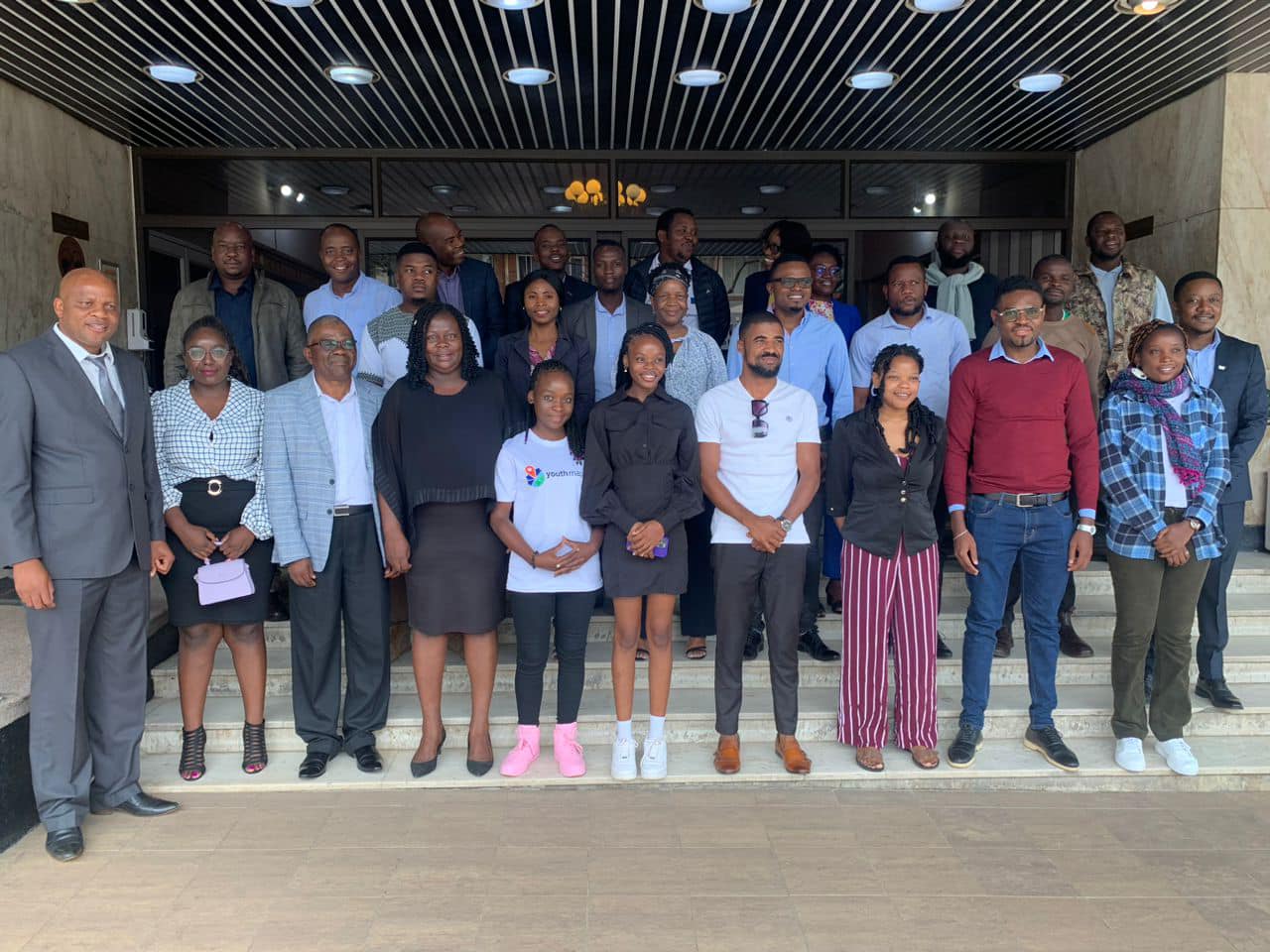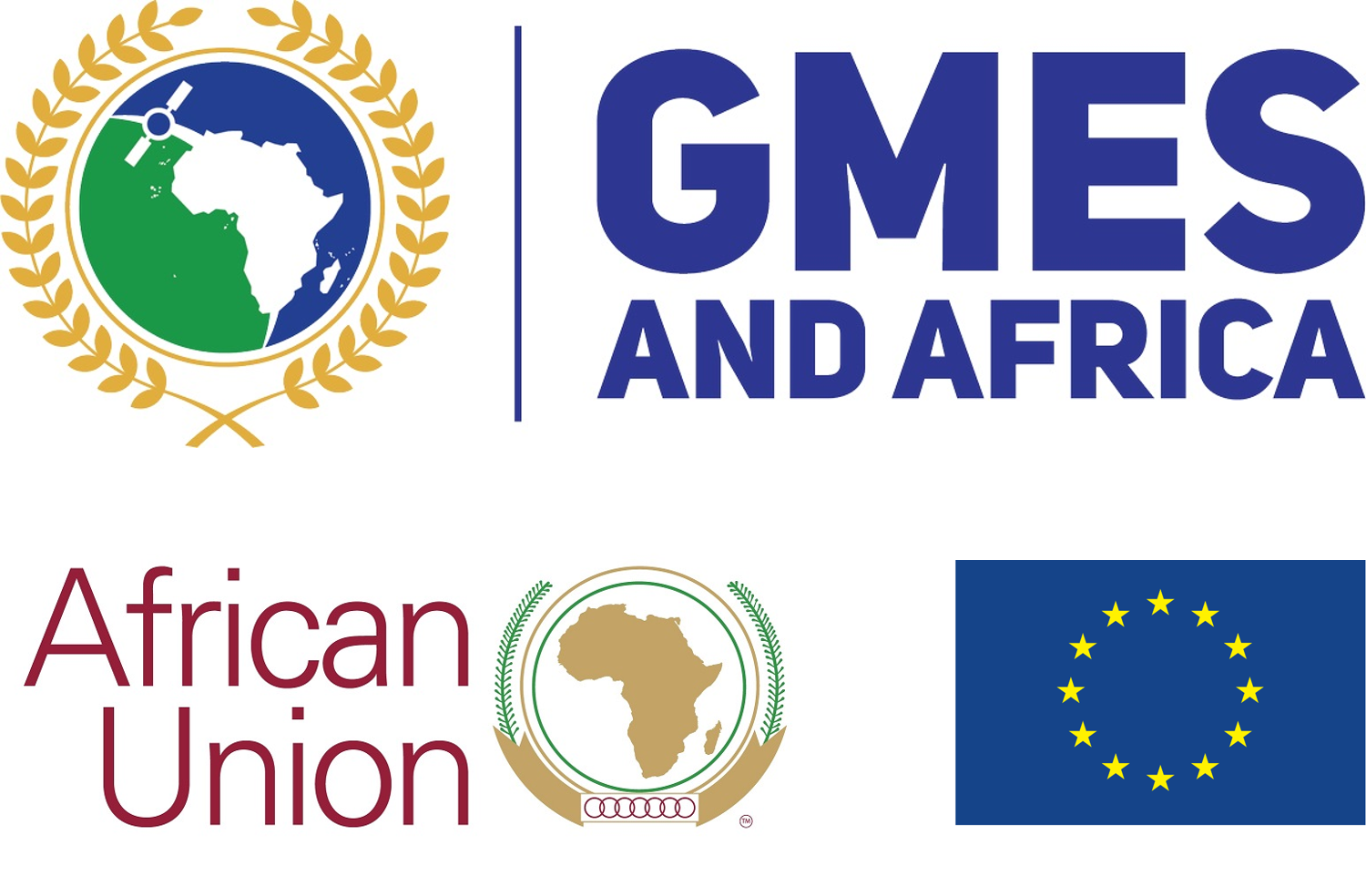
The Global Monitoring for Environment and Security and Africa (GMES & Africa) ‘s Consortium, Southern African Science Service Centre for Climate Change and Adaptive Land Management (SASSCAL) hosted its first Earth Observation (EO) training in Bulawayo, Zimbabwe from 02-03 March 2023.
The Wetland Monitoring and Assessment Service for Transboundary Basins (WeMAST) Phase II face-to face training on Earth Observation Applications in Wetland Monitoring and Assessment was hosted under the theme “Towards enhancing the utilization of Earth Observation in wetlands management and restoration.”
The EO training is designed to provide individuals, institutions and decision makers with cutting-edge knowledge and skills in the use of EO data and geospatial techniques in wetland mapping and vulnerability assessment.
The training was hosted by our technical partners, Midlands State University (MSU) and University of Western Cape (UWC) and officiated by Prof Laurine Chikoko, the Director of Research Innovation and Industrialization at Midlands State University, commended GMES & Africa and SASSCAL as the led consortium for this initiative.
In her opening remarks, she stated that the EO training initiative is a priority to MSU as it also addresses Southern African Democratic Countries (SADC) policy priorities and strategies in water sector as outlined in the SADC Vision 2050’s cross -cutting issues pillar strategic objective 6 that aims for the sustainable utilization and conservation of natural resources and effective management of the environment and enhanced gender equality.
She reassured the participants that MSU as the capacity development leader in the SASSCAL Consortium will continue to ensure that capacity development remains the pillar for the enhancement of target user’s knowledge and skills as well as pledged that Midlands State University will host the WeMAST geoportal on its website to ensure widespread uptake and dissemination of the products and services.
The training through group discussions and partial tasks looked into the use and benefits of the of the geospatial tools and their applications, strengths and challenges of wetlands management, wetland frameworks and policies, and understanding the role of EO data in wetland mapping and assessment, to mention a few.
The training attracted about 40 participants from the disciplines of natural and water resources management, environmental authorities, river basins commissions, academic researchers, local communities, etc. in Southern Africa.
The Wetland Monitoring and Assessment Services for Transboundary Basins (WeMAST) is a project under Global Monitoring for Environment and Security and Africa the (GMES & Africa) programme is jointly funded by the African Union and European Union.
WeMAST Phase II plans to have EO Training throughout the year and strongly encourages women to participate and apply for such trainings.



Leave a Reply